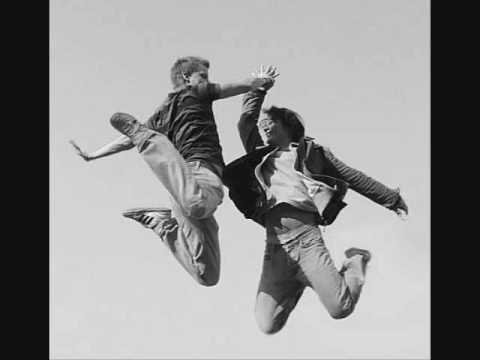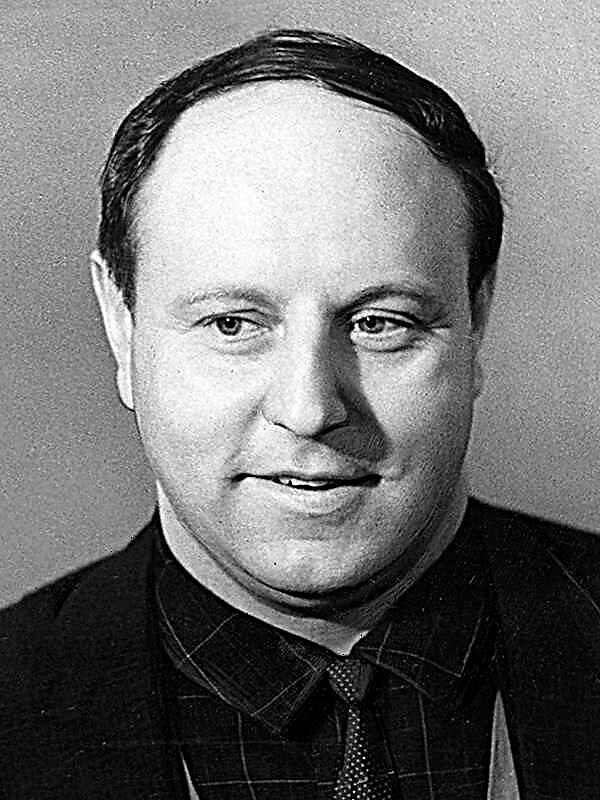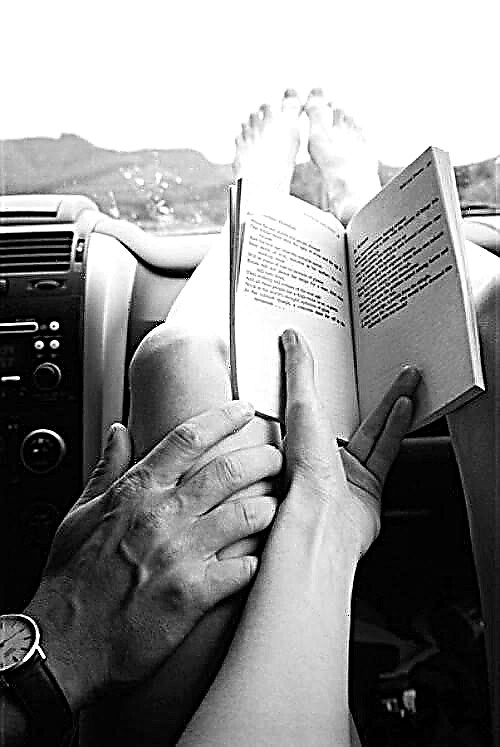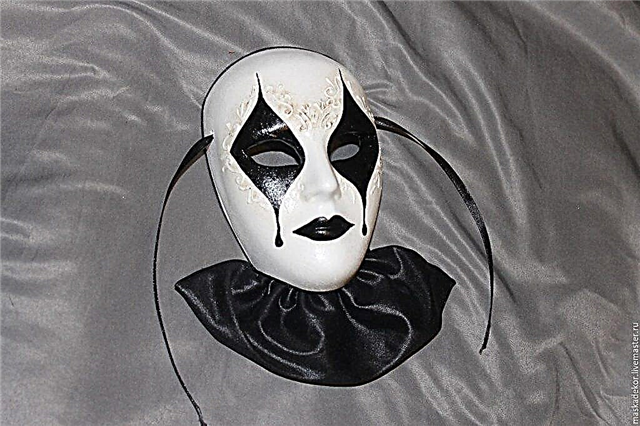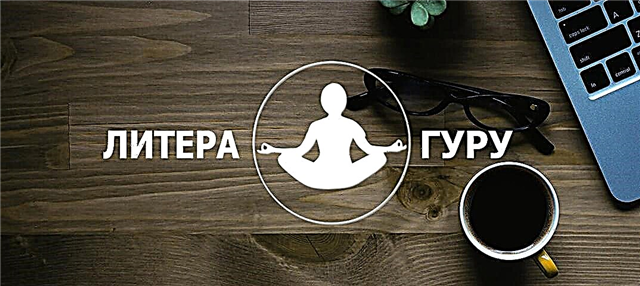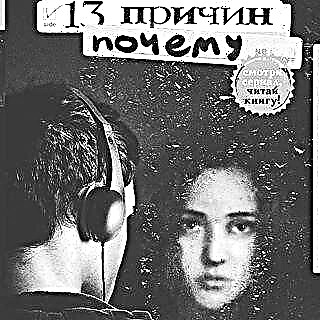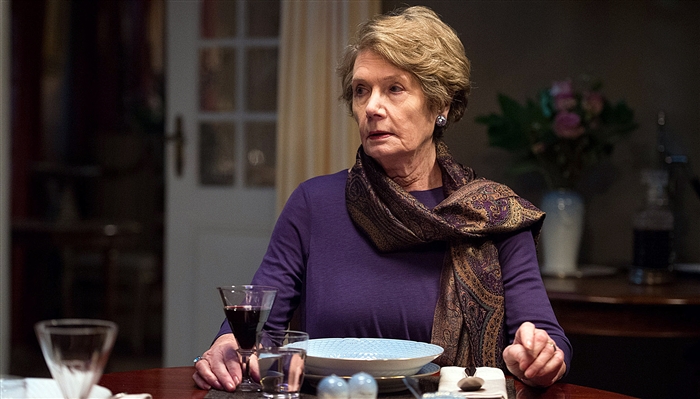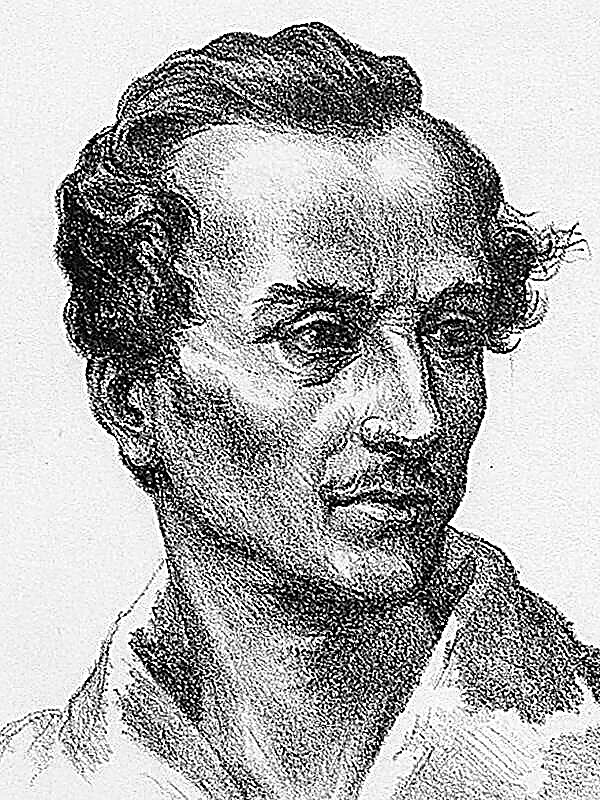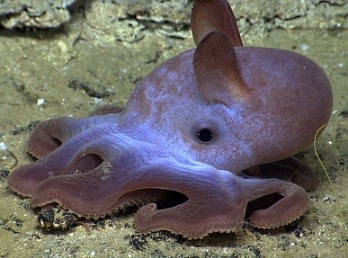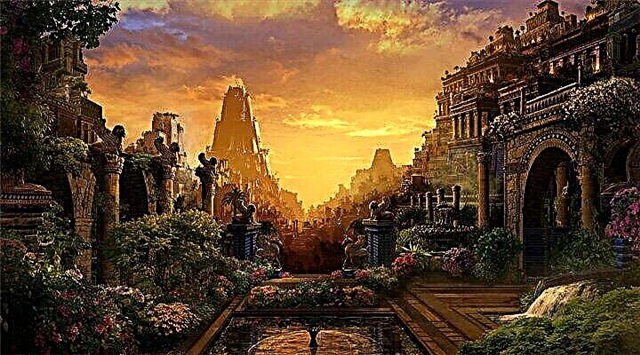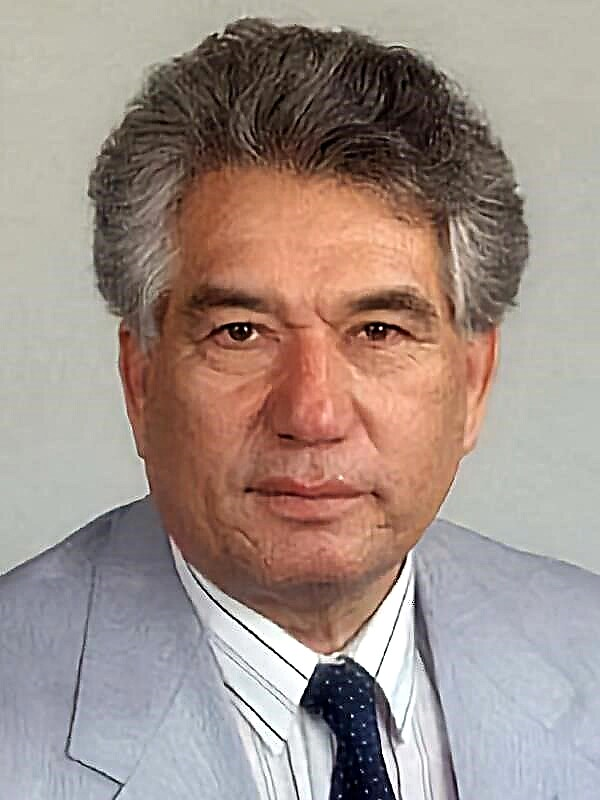(419 words) The tragedy of the people is personified in the character of the main character - Grigory Melekhov. He is in constant doubt and sincerely searching for his place. In the family, he can not decide between his wife and mistress: on the one hand, he is drawn to a calm and measured family life with Natalia, and on the other, he is ready for adventure in the company of a passionate Aksinya. The same is true in the war: Gregory rushes between the camps of the Reds and the Whites, and, as a result, is disappointed in both. The main thing that Gregory realizes is that he does not want to kill innocent people. He is pure and kind in nature, there is no malice in him, which means that he has no place in the war. And all these endless searches of Gregory’s own path perfectly reveal the typical emotional disturbances of any person during the period of a change of power.
The economy, life, traditions and customs are perfectly conveyed by the author on the example of the life of the Cossacks in the Tatar farm, to a greater extent, in the description of the Melekhov family. Thanks to the scenes of their life, the reader learns that the Cossacks have strong patriarchal foundations and authority of elders. This is manifested in episodes of the matchmaking and wedding of Gregory and Natalia, because in fact, the parents made decisions for the young. And the wedding itself is a clear visual picture of any Cossack holiday with noisy dances and sincere songs. Cossacks are hardworking and economic, appreciate those who have gained wealth through their honest work. The author’s opinion about the war and military victories is also interestingly presented: if for the older generation, war was considered something of honor, then for the new generation of Cossacks, war is often meaningless, and the orders do not mean anything at all. Let us recall, for example, the episodes in which Pantelei Prokofievich boasts of the victories of his sons in front of his friends and acquaintances, and Gregory medals and honorary titles did not bring any joy.
The writer did not disregard the freedom-loving mood of the Cossacks. So he wanted to show that Soviet power was imposed by force all over the country, and that they were brutally cracked down on rebellious people. The inhabitants of the Tatar farm tried to get rid of the Bolsheviks by any means, but when the last resistance forces were suppressed, the Cossacks had no choice but to take such power. The collective image of a typical Bolshevik was Mishka Kosheva. He plunged headlong into this ideology, so much so that he was able to kill friends and villagers, as he did with Petro Melekhov and grandfather Grishak. However, confidence in one’s own position and readiness to do things for one’s sake allow speaking about the ambiguity of the image of Koshevoy.
For the writer, the Cossacks have always been their native environment - on the mother’s side, Sholokhov has Cossack roots, and he spent his childhood on the banks of the Don, in the village of Veshenskaya. Children's memories allowed the writer to create absolutely believable images of Cossacks and Cossacks, which create a full-fledged picture of the life of the Don Cossacks and the development of which is interesting to observe throughout the story.

